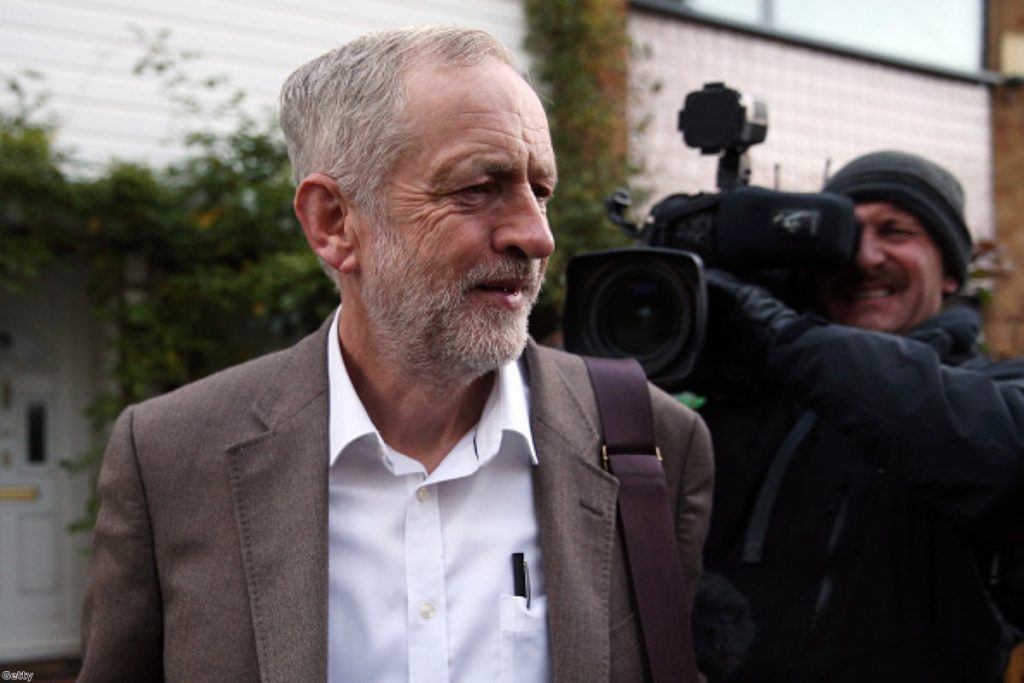Milne appointment shows Corbyn has no interest reaching past his core support
Jeremy Corbyn's decision to hire Guardian columnist Seumas Milne as his executive director of strategy and communications reflects two of his weaknesses. The first is a dismissal of communications. The second is a lack of interest in reaching past his core support.
Why is the strategy and communications position being rolled into one? It's not as if handling communications for Corbyn is a minor job. It would not be too unkind to suggest that it's a daunting and monumental task. The firefighting alone would be enough to occupy a team of media advisors, and that's not including the fires Milne himself is likely to start with his unreconstructed hard left views. But for some reason the role has been mixed up with that of overall strategy, which is itself hardly a part time occupation.
It will be defended by Corbyn supporters as a commitment to the principles he ran for leader on and a refreshing lack of interest in spin. It's not really. It's just failing to reach out, past those who already agree to Britain's undecided and – heaven forbid – Tory voters.


There is plenty in Corbyn's policy programme which could prove attractive to non-Labour voters, from nationalised rail to defending the British steel industry. If he focused on where the public agree with him, he might have a fighting chance. But that requires a political strategy and a communications strategy, neither of which seem to be in evidence.
Milne is about as far left, in an old-fashioned USSR sort of way, as newspaper columnists in Britain go. I doubt a single person who considers themselves a fan did not already vote Corbyn. It's a venn diagram showing one circle. He is not the man to reach out past the core support. He is the core support. He won't ruffle any feathers in Corbyn's inner circle. He won't suggest strategies they find politically uncomfortable. He is politically safe, which in the real world makes him basically useless.
Corbyn would have been better placed hiring someone from the Mirror who had experience turning left-wing issues into bread-and-butter stories that matter to the man on the street – someone who understood the overlap between political principle and reader interest and the way in which one can be funnelled into the other. It's the kind of thing the Mail does magnificently on the right.
Better yet, he could have ignored print media altogether and plumped for a broadcast journalist who would have focused relentlessly on TV, so he could speak over the heads of a press which will be savagely hostile whatever he does.
Think back to that woman on Question Time, whose emotional outburst has led the news bulletins on tax credits all week. Will you reach her through print, with a comms strategy based on a left-wing Guardian columnist? Or will you reach her through early morning breakfast TV and the evening news? Broadcast is plainly the way to go, but Corbyn's relationship with TV is tetchy at best, even though he and shadow chancellor John McDonnell both perform very well on camera.
Corbyn has again done what he did in the conference speech: deliver for his core support. The Milne appointment reflects a Labour leadership which shows little interest in how to expand past its supporters to the world outside.
Corbyn supporters will say he is not playing the media's game. Fine, but the game is being played regardless. The fact that he has no role in it might explain why his approval ratings have been so dire.









